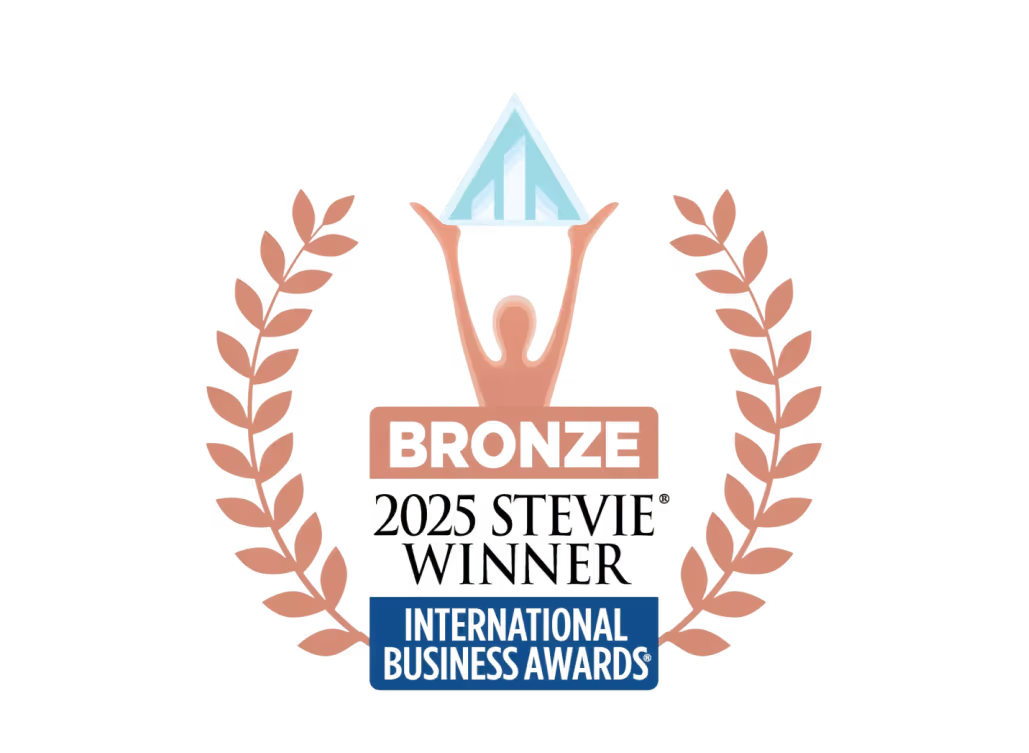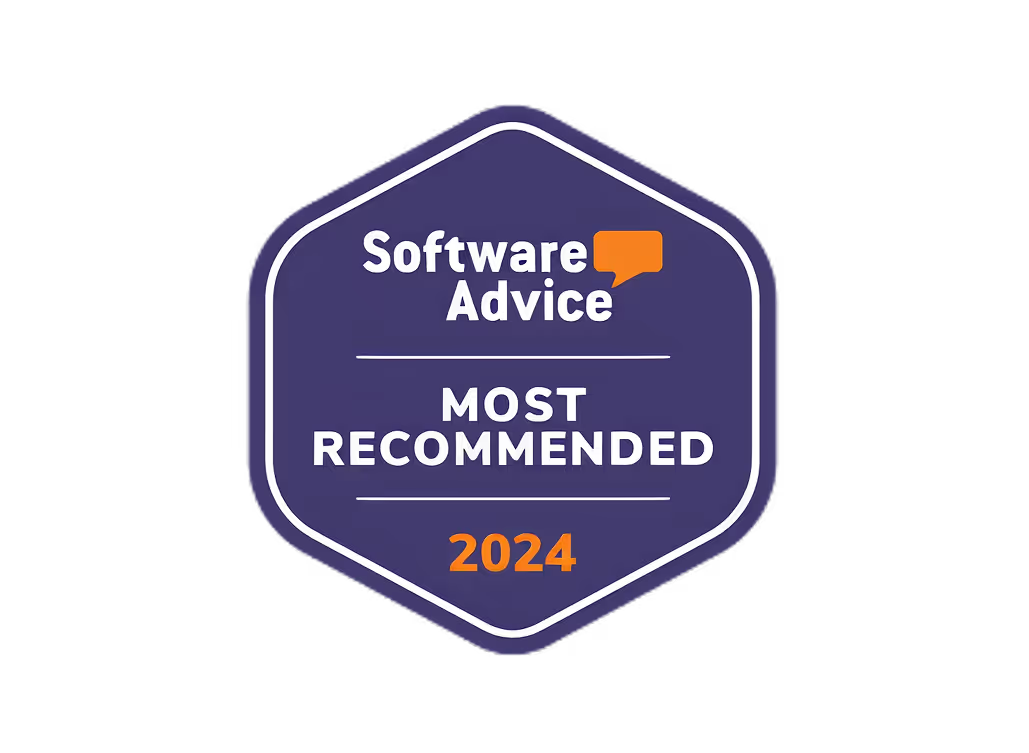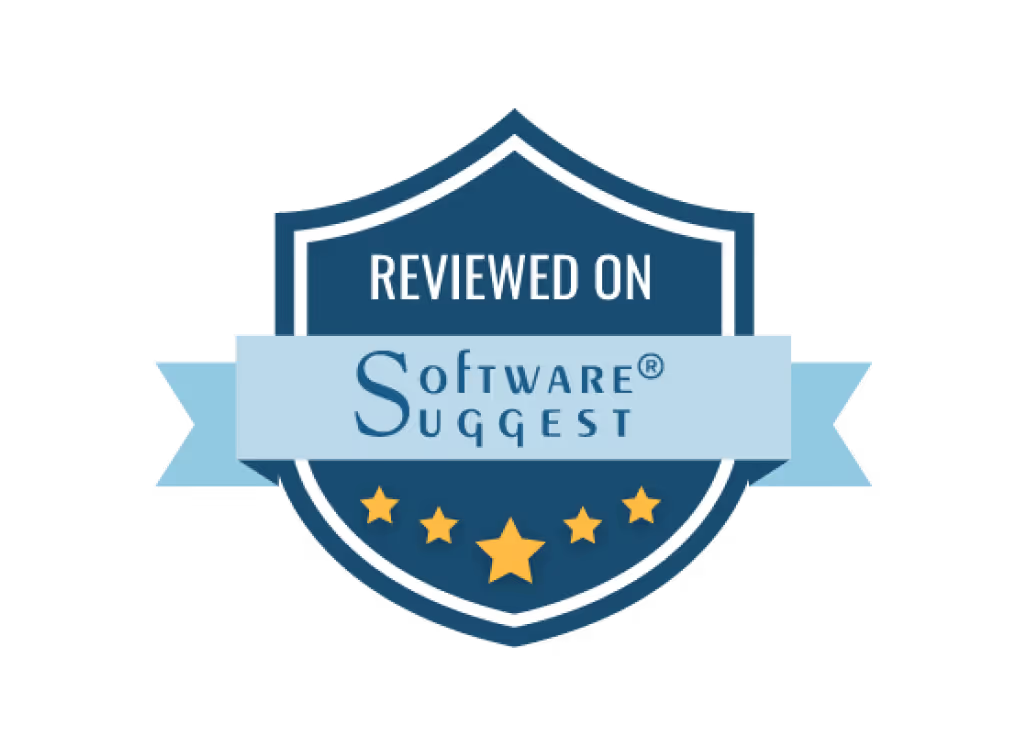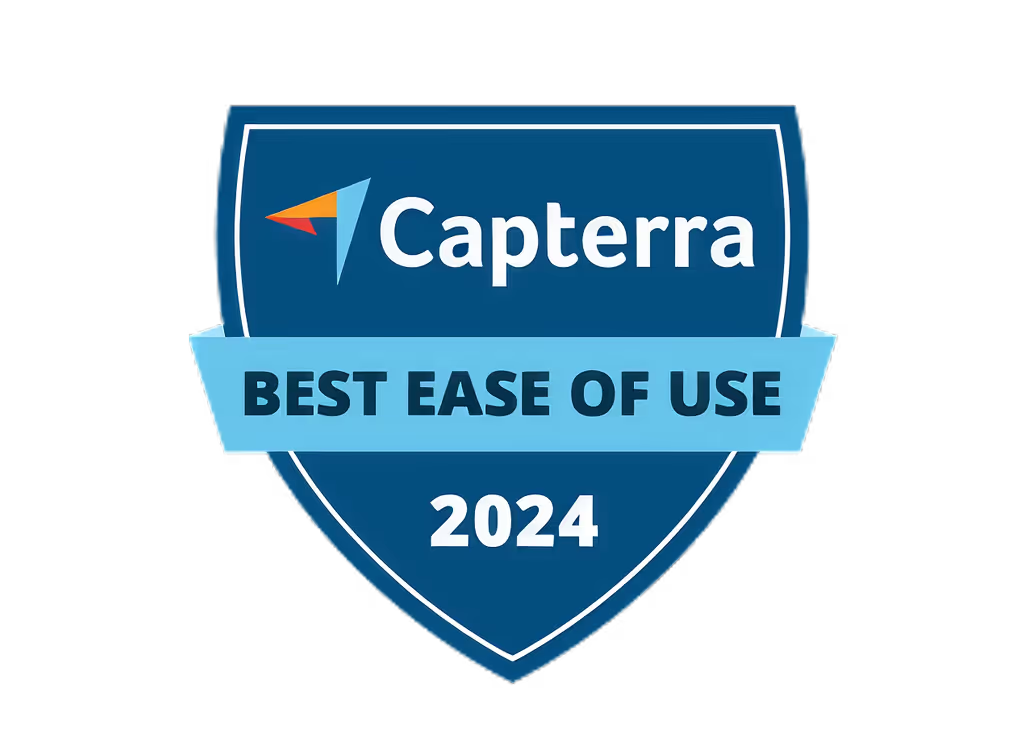Unlock E-commerce Growth: Your Guide to the Top Shopify Marketing Agency Options in 2025

Running a Shopify store in 2025 means you're in a super competitive online space. Just having a nice website isn't enough anymore; it's just the starting point. To really do well, you need smart marketing plans for your Shopify store that connect with people, turn visitors into customers who stick around, and help your business grow steadily. Whether you're just starting out or looking to improve and get bigger, the right marketing approach can get you more views, steady visitors, and sales that last. We’ll look at the best ways to get your brand noticed, sell more, and stand out, even when there are tons of other stores out there. We'll also talk about why using marketing across the whole customer journey is important for Shopify success. Let's get into why Shopify is still the go-to platform for online businesses that want to grow.
Key Takeaways
- Choosing the right Shopify marketing agency is a big deal for your online store's success.
- Top agencies offer unique skills, proven methods, and know Shopify inside out.
- Look for agencies that get your business, communicate well, and are open about their work.
- The best partnerships go beyond just running ads; they focus on your long-term goals.
- Partnering with a good agency can help your brand adapt, grow, and do well in the future of online selling.
1. TCF

TCF is a Shopify marketing agency that really focuses on brands that want to grow their products and manage their whole sales funnel. Think of them as an extension of your own team, jumping in to handle everything from how your store looks and feels online to running ads, working with influencers, and making sure your emails and texts actually get opened. They aim to build a complete system for growth, tackling issues like getting more people to buy, increasing how much customers spend over time, or even helping you break into new markets.
What makes TCF stand out is their systematic approach to growth. They don't just do one thing; they optimize your Shopify store, set up ways to get more sales (CRO), run ads that bring in money (high-ROAS), and create campaigns to keep customers coming back. Everything they do is tied back to making your business grow in a way you can see.
Here's a look at what they cover:
- Shopify Store Design & CRO: Making your website look good and work better to convert visitors into buyers.
- Paid Advertising: Running ads on platforms like Meta (Facebook/Instagram) and TikTok.
- Influencer Marketing: Connecting your brand with the right people online.
- Email & SMS Marketing: Keeping in touch with customers through direct messages.
- SEO & Content Strategy: Helping people find you through search engines and creating useful content.
TCF has a track record of generating significant revenue for their partners, with impressive results like a 136% sales increase from homepage changes and a 40% jump in returning customers thanks to their automated campaigns. They also use AI to help understand customers better and can adapt marketing campaigns for different countries, potentially speeding up international expansion up to five times faster. Their process is known for being structured, quick, and focused on getting a return on your investment.
They work with custom pricing plans, which are good for brands that are already spending on ads and want to scale up, whether that's a moderate increase or a big push into new areas. They've helped over 200 brands improve their conversion rates by an average of 4.2% and increase their average order value by 47%.
2. Brenton Way
Brenton Way is an agency that focuses on helping startups and mid-sized companies grow their Shopify stores. They're based in Los Angeles and have been around since 2017. Their main idea is to create and run marketing campaigns that are tailored to each client's needs, aiming for both quick wins and long-term success.
They handle a bunch of different marketing areas, so you don't have to worry about juggling multiple vendors. Their team works across various channels to get your brand in front of the right people.
Here's a look at some of the services they provide:
- Search Engine Optimization (SEO)
- Pay-Per-Click (PPC) Advertising
- Content Marketing
- Lead Generation
- Public Relations
- Social Media Management
- Conversion Rate Optimization (CRO)
- Influencer Marketing
The goal is to let your business focus on its core operations while Brenton Way takes care of the marketing heavy lifting. They aim to bring a full-service approach to your e-commerce marketing efforts.
They seem to be a good fit if you're looking for a partner that can manage multiple aspects of your online marketing strategy and help your Shopify store scale.
3. DOMAINE
DOMAINE is a New York-based agency that started in 2015, focusing on helping brands, especially those in Europe, move to more modern and flexible e-commerce setups. They're really good at handling big projects, like moving a whole store from an old system to Shopify, or building systems that work across different sales channels. If you're a mid-sized company or a larger brand looking to get your operations smoother and get new products out faster, they can help.
They work on a few key areas to make this happen:
- Strategy and Planning: Figuring out what you need, setting goals, and making a plan for how to get there. This includes looking at your market, customers, and competitors.
- Technology and Development: Building custom Shopify apps or upgrading your current store to Shopify 2.0. They also handle UX/UI design and migrations. Some teams now leverage tools like the Choicely AI app builder to accelerate custom app creation and streamline deployment.
- Growth and Optimization: Improving your website's conversion rates, analyzing data for insights, and developing strategies to boost sales.
DOMAINE is particularly strong in large-scale migrations and building unified commerce solutions. They partner with Shopify to help European brands transition from older systems to more adaptable and scalable platforms, aiming for steady growth. Their services cover everything from initial research and goal setting to the actual development and ongoing optimization of your online store.
They aim to set new standards in digital commerce by combining smart strategy, creative ideas, solid technology, and effective marketing. It's about making your business more agile and quicker to market with new ideas.
Some of their specific services include:
- Conversion Rate Optimization (CRO)
- Persona Definition
- Website Analytics and Strategic Insights
- Market, Customer, & Competitive Research
- Objective & KPI Development
- Roadmapping & Prioritization
- Shopify App Development
- Custom App Development
- Financial Forecasting & Modeling
4. How To Choose The Right Shopify Agency
Picking the right Shopify marketing agency can feel like a big decision, and honestly, it is. You've got a lot riding on it, and the last thing you want is to waste time and money on a team that doesn't quite get it. So, how do you cut through the noise and find a partner who actually knows their stuff?
First off, get real about what you need. Are your ads just not converting, or is your website itself the problem? Maybe your email game is weak, or you need a whole strategy from scratch. If you're also planning to scale through mobile commerce, you might need professional e-commerce app development services to enhance user experience and boost conversions. Pinpointing your biggest bottleneck is the first step to finding an agency that specializes in fixing it. Don't just look for a generalist; find someone who's a pro at the specific area you're struggling with.
When you're talking to potential agencies, ask direct questions. Have they worked with brands like yours before? Can they show you results from clients at a similar stage? Who's actually going to be doing the work – the senior folks or a bunch of contractors? How long until you see any real movement? If they dodge questions or fill the air with buzzwords, that's usually a bad sign. Look for agencies that can talk numbers and show you actual data, not just vague promises.
Here are a few things to watch out for:
- Vague promises like "growth hacking" or "brand building" without specifics.
- No clear pricing until you're deep into the sales process.
- Case studies that only show impressions and clicks, not actual sales.
- Long, locked-in contracts with no trial period.
- An over-reliance on just a few Shopify apps without a real strategy.
Your budget matters too. If you're just starting out or have a smaller budget, you might be looking at freelancers or smaller, specialized teams. As your budget grows, so does your access to full-service agencies that can handle more complex, multi-channel campaigns. If you're spending a lot on ads, you need an agency that understands scaling and can spot potential problems before they hit your bottom line.
Ultimately, the best agency partner feels like an extension of your own team. They should challenge your ideas, ask tough questions, and make you feel like you've finally got backup. Trust your gut; if something feels off, it probably is.
5. Ecommerce Marketing Strategies For Shopify Stores

Running a Shopify store in 2025 means you're in a busy online marketplace. Just having a nice-looking site isn’t enough anymore; it’s just the starting point. From registering the right domain via domain name search to putting together targeted marketing plans, every early decision affects how your store performs. To really do well, you need marketing plans for your Shopify store that connect with people, turn visitors into customers who come back, and help your business grow without falling apart. Whether you're just starting out or trying to improve and expand, the right marketing can get you noticed more, bring in steady visitors, and make you money over time. We'll look at the best ways to get your brand seen, sell more, and stand out, even when lots of others are selling similar things. It’s also important to think about the whole customer journey, from first seeing your ad to making a purchase.
Here are some key strategies to focus on:
- Search Engine Optimisation (SEO): This is your go-to for steady growth. It’s not about jamming keywords everywhere, but about making sure your store appears when people are actually looking for what you sell. Start with the basics: make your product titles, descriptions, headings, and web addresses clear and use words customers actually type. Add descriptions to your images and link pages together so both Google and visitors can find their way around easily. Shopify helps a lot here, often including structured data that lets Google show details like price and reviews directly in search results, making your listings more attractive.
- Content Marketing and Blogging: Blogging is a must-have for building visibility, trust, and showing you know your stuff in 2025. Even with AI changing how people find information, good, original blog posts still connect with people, encourage them to buy, and make your brand unique. Think about writing posts that answer common customer questions or explore topics related to your products. This helps you show up in searches and positions your brand as a helpful resource.
- Paid Advertising: Use platforms like Google Ads and Meta (Facebook/Instagram) to get things moving. You'll want to adjust your message for each part of the customer's journey, from someone just discovering your brand to someone ready to buy. Testing different ad creatives and targeting options is key to finding what works best for your specific audience.
- Email Marketing: This is still one of the most cost-effective ways to market. Set up automatic emails for things like abandoned carts, welcoming new subscribers, and thanking customers after a purchase. Building an email list and nurturing those relationships can lead to repeat business (which is the practice of any cold email agency or in-house outreach team)
- Social Media: Be where your customers hang out. Use videos, behind-the-scenes looks, and customer stories to build trust and get your brand noticed. Different platforms work better for different audiences, so do some research to see where your ideal customers spend their time.
The most effective marketing plans are built on a clear goal and a deep understanding of who you're trying to reach. Trying to do too much at once often leads to scattered results. It's better to pick a few strategies, do them well, and then expand as you see success. This focused approach helps you use your resources wisely and build momentum.
Remember, by 2025, B2B ecommerce is expected to be more personalized and customer-focused. Adapting your strategies to meet these evolving trends is important for staying competitive ecommerce strategies.
Here's a quick look at how some of these might break down:
6. Content Marketing And Blogging For Organic Reach
Blogging for your Shopify store isn't just a nice-to-have anymore; it's a core part of building visibility and trust in 2025. Even with AI changing how people find information, original, thoughtful blog posts can still make your brand stand out. It’s about creating content that genuinely helps your audience.
The goal is to answer real customer questions and provide solutions, not just stuff keywords. Think about what your potential customers are searching for. Are they trying to figure out how to use a product? Comparing different options? Looking for advice related to your niche? Your blog is the perfect place to provide those answers.
Here’s how to make your blog work harder for you:
- Address specific customer needs: Go beyond generic topics. Focus on the unique problems or interests your audience has and offer practical advice.
- Share unique insights: AI can summarise, but it can't share personal stories, customer experiences, or hands-on knowledge. Inject your brand's personality and real-world experience into your posts.
- Structure for clarity: Use clear headings, bullet points, and short paragraphs. This makes your content easy to read and helps search engines understand what it's about. Adding an FAQ section can also help you get featured in search results.
- Include visuals: Photos of your products, behind-the-scenes glimpses, or simple graphics can make your posts more engaging and improve your visibility in image searches.
- Publish regularly: Consistency is key. A steady stream of new content keeps your site fresh for visitors and search engines, building your authority over time. This consistent effort is a key part of good content planning.
Your blog is more than just a place to talk about products. It's where you build a relationship with your audience, show what your brand stands for, and guide people from being curious to becoming a buyer. It’s a space to express your brand’s voice and share your knowledge.
Remember, your blog content should be valuable on its own, not just a way to get people to click on a product. By focusing on helpful, original content, you build trust and attract customers who are genuinely interested in what you offer.
7. Search Engine Optimisation (SEO) For Product Visibility
Getting your Shopify store seen by the right people when they're actually looking for what you sell is what SEO is all about. It's not just about throwing keywords around; it's about making your products discoverable through search engines like Google. Think of it as making sure your digital storefront is on the busiest street, not a hidden alley.
The core of good SEO for your Shopify store involves optimising the elements that search engines and customers see. This means paying attention to your product titles, making sure they're clear and include terms people actually type into search bars. Your meta descriptions, the little snippets that show up under your title in search results, should be compelling enough to make someone click. Don't forget about image alt text – it helps search engines understand what your images are about and can even help people with visual impairments.
Shopify actually makes a lot of this easier than you might think. Many Shopify themes come with built-in structured data, which is like a special code that tells search engines important details about your products, such as price, availability, and customer reviews. This can lead to those eye-catching rich snippets in search results that show star ratings or prices, making your listing stand out. If you want to get more advanced, you can use apps or custom code to add even more specific data.
Here's a breakdown of key areas to focus on:
- On-Page Optimisation: This includes your product titles, descriptions, meta tags, and image alt text. Use keywords naturally, as if you were explaining the product to a friend.
- Technical SEO: Ensure your site loads quickly, is mobile-friendly, and has a clear structure that search engines can easily crawl. Fixing broken links and duplicate content is part of this.
- Content Creation: Regularly publishing blog posts that answer customer questions or provide helpful information related to your products can draw in organic traffic over time. This builds your authority and brings people to your site who might not have found you otherwise.
- Link Building: Getting other reputable websites to link back to your store can signal to search engines that your site is trustworthy and relevant. In many cases, working with a reliable link building agency helps ensure those links come from credible sources and align with long term SEO goals.
SEO is a marathon, not a sprint. It takes time and consistent effort to see significant results, but the organic traffic it generates is often highly qualified and leads to sustainable growth for your business. Focusing on providing genuine value to your customers through your content and product pages will always pay off in the long run.
For businesses looking to get a handle on their search visibility, exploring options like a Shopify marketing agency can provide the expertise needed to implement a robust SEO strategy. They can help identify the right keywords, optimise your product pages, and build out a content plan that drives traffic and sales.
8. The Explosive Growth Of DTC & Shopify Plus
It’s pretty wild how much direct-to-consumer (DTC) selling has changed things, right? And 2025 is shaping up to be a huge year for it. More and more brands are realizing they need a solid setup, like what Shopify Plus offers, to really grow. Shopify Plus is basically the big leagues for stores that are selling a lot or have complicated needs. It lets you tweak things a lot, automate stuff, and grow without hitting a wall. But honestly, just having the tech isn't enough. You really need smart people to make it work. For high growth brands on Shopify Plus, partnering with a Shopify plus web development company helps ensure complex customizations, performance optimization, and scalability are handled correctly as your store grows.
What’s the big deal in 2025? It’s all about teaming up with the right Shopify Plus agency. These folks know the tech inside and out, they’re good at figuring out how to get customers, and they understand what DTC shoppers want. They help brands get ahead of the competition.
Let's look at some numbers:
- Global DTC sales are expected to hit over $226 billion in 2025.
- More than 80% of people in the US bought something directly from a brand online last year.
- Sales through social media platforms like TikTok and Instagram are projected to go over $80 billion.
And get this: Shopify Plus stores do way better during busy times, with conversion rates 126% higher and average order values 90% higher than regular stores. That’s a massive difference.
The DTC model lets brands control everything from start to finish. They can build relationships directly with customers, keep more of the profit, and use data to make smart decisions. It’s a powerful way to do business, but it means handling marketing and shipping yourself, which can be a lot.
For brands looking to sell directly to customers, the DTC model offers a direct line to their audience. Shopify Plus provides the robust infrastructure needed to manage this, but the real magic happens when you combine it with an agency that knows how to make it all work together. They help with everything from making the website super smooth to running marketing campaigns that actually bring in sales. It’s about more than just having a store; it’s about building a brand that people connect with and keep coming back to.
9. FAQs About Ecommerce Marketing For Shopify
Got questions about getting your Shopify store noticed? You're not alone. Let's clear up some common points.
What's the best way to market a Shopify store right now?
Think about being clear and consistent. In today's busy online world, you need a plan that hits different spots. This means talking directly to the people you want to reach, not trying to sell to everyone. You also need to balance quick wins, like ads, with steady growth from things like SEO and good content. And make sure the experience is the same everywhere, from your website to your emails.
How do I actually run a good marketing campaign for my store?
It starts with a clear goal. What do you want? More sales? More people signing up? More visitors? Then, pick what you're offering – maybe a new product, a discount, or some helpful info. Know who you're talking to and pick the right places to reach them, like email, social media, or ads. Most importantly, watch what happens and learn from it. Don't try to do too much at once; a focused campaign done well is better than many half-done ones.
How much should I budget for Shopify ads?
This really depends on what you're trying to achieve. A good starting point is to test things with a small amount, maybe $150 to $300 a month. Focus on ads that tend to bring in sales, like retargeting or Google Shopping ads. Only spend more once you see that it's working and giving you a good return. Think of ad spending as an experiment to gather information.
What are some free ways to get people to my Shopify store?
There are quite a few things you can do without spending money, but they take time:
- Optimize Product Listings: Use good keywords and clear pictures for your products.
- Publish Blog Posts: Write helpful articles that answer your customers' questions.
- Use Social Media: Platforms like Pinterest and TikTok can be great for showing off your products visually.
- Tap Your Network: Ask friends, family, and existing customers to spread the word.
Marketing your store doesn't always mean big spending. Sometimes, simple, smart moves in the right places at the right times can make a big difference. It's about showing up where your customers are with a message that makes sense to them.
What are the most important marketing areas for Shopify stores?
- Search Engine Optimization (SEO): This is key for getting people to your store over the long haul. Find the search terms your customers use and make sure your product pages and blog posts use them naturally. Blogging about topics your customers care about helps people find you and shows you know your stuff.
- Paid Advertising: Use platforms like Google Ads and Meta (Facebook/Instagram) to get your products in front of people who are ready to buy. Adjust your message for different stages of the buying process.
- Email Marketing: This is still a very effective way to connect with people. Set up automatic emails for things like abandoned carts, welcoming new subscribers, and thanking customers after a purchase.
- Social Media: Be where your audience hangs out. Use videos, behind-the-scenes looks, and customer stories to build trust and get noticed.
10. Conclusion
So, we've gone through some of the top Shopify marketing agencies out there for 2025 and talked about why having a solid marketing plan is so important for your online store. It’s easy to think that just having a great product and a nice-looking website is enough, but honestly, it’s not. You need people to actually find you, and then you need to convince them to buy.
Choosing the right agency can feel like a big decision, and it is. Think about what you really need. Are you looking for someone to handle everything from ads to SEO, or do you just need help with a specific area, like email marketing? It’s worth taking the time to figure this out before you start talking to agencies. Remember, the goal is growth, and that means more sales and a stronger brand.
Here are a few things to keep in mind when making your choice:
- Budget: How much can you realistically spend? Agencies have different pricing structures.
- Services: Do they offer the specific services your store needs right now?
- Track Record: Can they show you examples of how they’ve helped other Shopify stores succeed?
- Communication: How easy are they to talk to? You’ll be working closely together.
The e-commerce landscape is always changing, and staying ahead means being willing to adapt and invest in getting your brand in front of the right customers. Don't be afraid to ask questions and get clear answers before committing.
Ultimately, partnering with a good Shopify marketing agency is about finding a team that understands your business and can help you reach your sales targets. It’s an investment, for sure, but one that can pay off big time if you pick the right fit. The success rate for Shopify stores in 2025 is estimated to be between 5% and 10%, so doing things right really matters for your store.
Good luck out there!
Wrapping It Up
So, you've looked through the options for Shopify marketing agencies in 2025. Picking the right one is a big deal for your online store, no doubt about it. The agencies we talked about are the real deal, each with their own way of doing things and a solid grasp of Shopify. Remember, it's not just about getting someone to run ads for you. You want a team that gets your business, talks to you straight, shows you what they're doing, and actually cares about your success down the road. Most of these places offer a free chat or a look at your current setup, so don't be shy about reaching out to a few to see who clicks. Partnering with one of these top agencies isn't just about getting more sales right now; it's about getting your brand ready to handle whatever comes next in the online selling world. Your next big win could be just one good partnership away.
Frequently Asked Questions
What's the best way to get my Shopify store noticed in 2025?
To make your Shopify store stand out, focus on being clear and consistent. It's important to talk directly to the people you want to reach, not try to appeal to everyone. Balance quick wins, like ads that bring in sales right away, with long-term strategies like search engine help (SEO) and useful content. Make sure the whole experience, from visiting your site to getting a thank-you email, feels the same for every customer.
How do I run a successful marketing campaign for my online store?
To run a good campaign, you need a clear goal, like getting more sales or more email sign-ups. Decide what you're offering, whether it's a new product or a discount. Know exactly who you're trying to reach. Pick the right places to advertise, like social media or email. Most importantly, keep track of what works and what doesn't so you can learn and improve. Doing one thing well is better than trying to do too many things poorly.
How much money should I set aside for Shopify ads?
The amount you spend depends on what you want to achieve. A good starting point is to test ads with a small budget, maybe $150 to $300 a month. Focus on ads that are known to bring in sales, like ads that show up when someone has already visited your store. Only spend more when you see that your ads are making back more money than you're spending on them. Think of ad spending as a way to learn, not just a cost.
What are some good ways to get people to visit my store for free?
You can bring people to your store without spending money if you're willing to put in the effort. Make sure your product pages are easy for search engines to find by using the right words and good pictures. Write blog posts that answer questions your customers might have. Use platforms like TikTok or Pinterest with eye-catching visuals. Also, don't forget to ask friends, family, and existing customers to help spread the word.
Why is SEO important for my Shopify store's products?
SEO, or Search Engine Optimization, is crucial because it helps your store appear when people are actively searching for products like yours. By using the right words in your product titles and descriptions, and making sure your website is easy to navigate, you can help search engines like Google understand what you sell. This means more potential customers will find your products when they're ready to buy.
How can content marketing and blogging help my store grow?
Creating blog posts and other useful content is a great way to build trust and show that your brand knows its stuff. Even with new technologies, well-written, original content can connect with people, convince them to buy, and make your brand stand out from others. It helps people find you through search engines and establishes your store as a helpful resource.

















